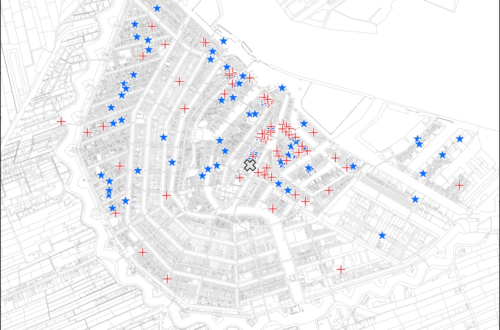
English Seamen in the VOC
We recently wrote an article about English sailors in the service of the Dutch East India Company (VOC). They made up only a tiny fraction of the crews: during the eighteenth century, less than 1% of crew members came from England. This is a small number compared to, in particular, the Germans and Scandinavians. But this is explicable: the English economy offered plenty of jobs and high wages, so there was little reason for English sailors to come to the Republic. Moreover, Englishmen who sought an East Indian adventure would have been more inclined to join the English East India Company.

It is precisely because of their small numbers that English sailors are interesting. Who were they? In the article, we tell the story of Willem Blaauw, a Londoner who joined the VOC in 1751. His life story can be briefly summarised as follows: poor living conditions, hard work and an unremarkable career. He spent his final months working ashore for the VOC in Asia, earning a slightly higher salary than when he first joined, but ultimately did not leave behind any possessions. His life serves as a typical example of what many English sailors in the VOC experienced during their time employed.

Source: NL-HaNA, 1.04.02, inv. nr. 6281, fo. 106.
Sailors like Blaauw often came from port cities such as London, Bristol, Hull, Newcastle and Liverpool, and it is likely that many had been working as seamen before joining the VOC. They usually arrived in Dutch ports close to the mustering of a VOC fleet and decided to capitalise on the opportunity to continue their seafaring careers. And like Blaauw, they were often remarkable for their unremarkable lives.
The article has been published in Sjoerd Levelt, Esther van Raamsdonk, Michael D. Rose (eds.), Anglo-Dutch Connections in the Early Modern World (Routledge 2023), chapter 11. DOI:10.4324/9781003049180-11



